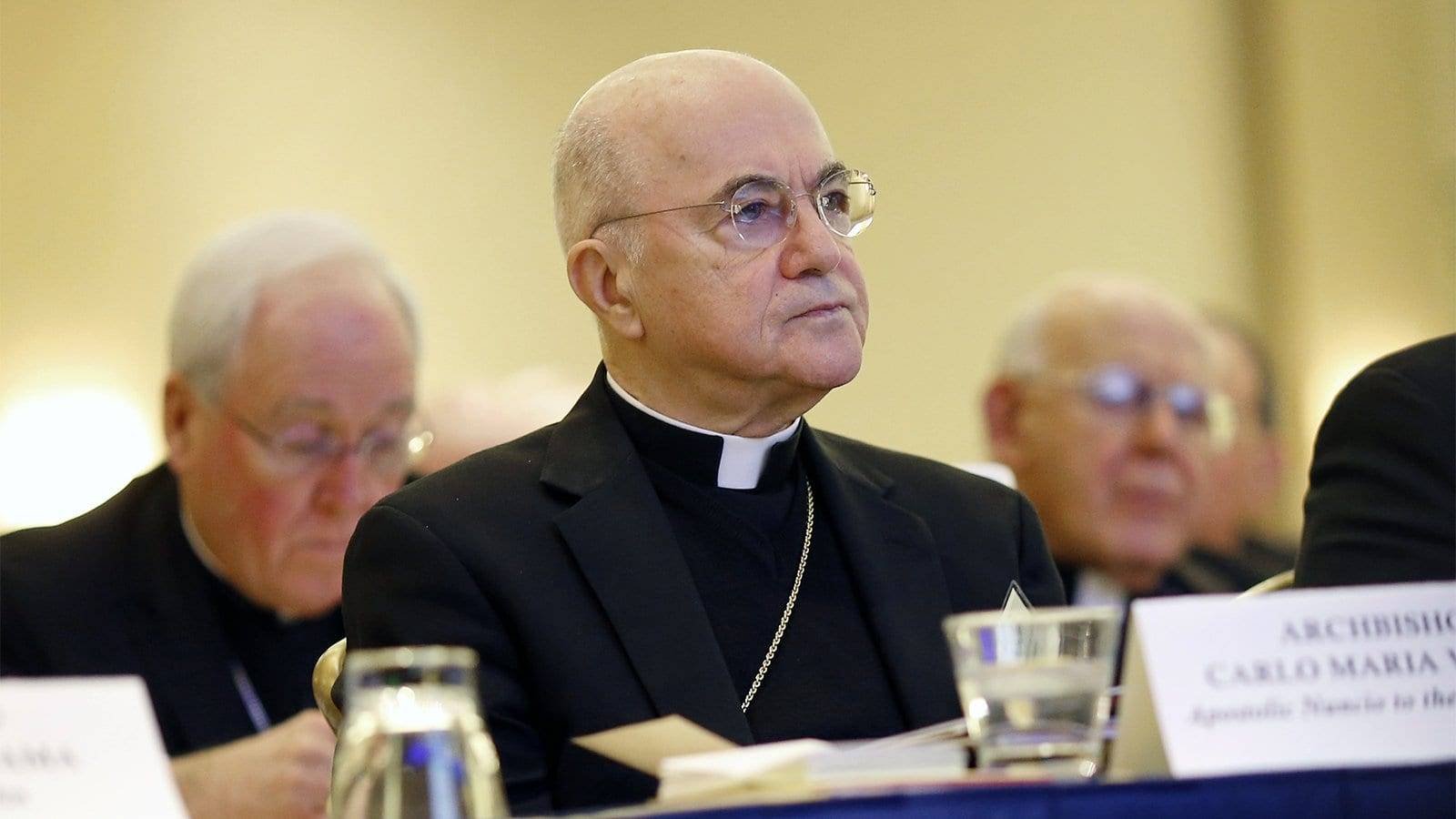When Chase Darr gathers with his family and nearly 20 friends from his congregation at his home in Columbia, Mo., to celebrate Passover, they’ll drink the four cups of wine.
They’ll ask why this night is different from all other nights and watch each others’ faces across the table as they taste the bitter herbs and dip the parsley into salt water.
And they’ll remember Jesus Christ as the Passover lamb. They’ll remember his body, broken for them, as they break the matzo together.
That’s because Darr and his wife, Katie, are Christians.
Darr, a 31-year-old research scientist at the University of Missouri, has celebrated the beloved Jewish holiday since the Calvary Chapel church his family attended when he was in high school in Arkansas was reading the parts of Scripture shared by both Christians and Jews and reached the descriptions of festivals in the Book of Leviticus.
It was spring, nearing Passover, and the pastor encouraged his congregation to seek out a seder, the ritual meal eaten on the first two nights of the holiday, he said.
He and his family attended a meal hosted by a Messianic Jew at a nearby church (Jews consider Messianic Jews to be Christians because they believe in Jesus). They were so moved, he said, they invited the man to host a seder at their church the next year, something that since has become a tradition there.
Darr has hosted his own seder, using a copy of the church’s Haggadah (the book with the seder liturgy), for the past seven years — since he moved to Missouri, where he now attends The Crossing, part of the Evangelical Presbyterian Church.
To him, the Passover story is a story of spiritual freedom, and the four cups, a reminder to him of God’s promises fulfilled in Jesus.
“It provides a rich context for Communion, and it helps to explain Jesus’ words,” he said, referring to the sacramental meal of bread and wine Jesus instituted at his Last Supper, which many believe was a Passover meal.
Darr and his family are not the only Christians who have adopted the Jewish holiday of Passover, which celebrates God leading the Israelites out of slavery in Egypt to freedom in the Promised Land.
In fact, Rabbi Evan Moffic said he’s noticed a greater interest in the Jewish roots of Christianity from Christians over the last 10 or 15 years.
That may be partly because of the evangelical embrace of Israel, and partly a search for roots in newer Christian traditions less grounded to history and place, according to the Reform rabbi of Congregation Solel in Highland Park, Ill., and author of “What Every Christian Needs to Know About Passover.”
It may be just because we live in a “much more open world,” one in which, he pointed out, the U.S. president, a Christian, hosts a White House seder.
“The lesson of Passover is a universal lesson, and it’s something that is true for Christians just as it is for Jews,” Moffic said.
But not all Jews, or even all Christians, think it is appropriate for gentiles to host their own dinners.
The Rev. Ann Fontaine, priest associate at St. Catherine of Alexandria Episcopal Church in Nehalem, Ore., points to the work her denomination’s Standing Commission on Liturgy and Music has done in recent years to counter what it calls “Christian anti-Judaism.” That includes language often used during the Easter season that make Jews out to be the “bad guys” who killed Jesus, she said.
To Fontaine, Passover “comes from a history of people who have suffered at Christian hands.”
“It’s a lot like people doing a sweat lodge or sun dance that are not Native American. To me, you haven’t walked that path with that people. You’re taking the benefits without having suffered,” she said. “I don’t mind if a Jewish family invites you to a seder or if a Native American group invited you to a sweat lodge — that’s OK. But to start one yourself, that’s stealing.”
Joe Paprocki, a well-known Catholic catechist, also has voiced reservations.
“For Catholics to re-enact this sacred ritual is disrespectful of the Jewish tradition,” he wrote in 2008. “Imagine Jewish or Muslim children re-enacting a Catholic Mass, complete with the giggling and awkward moments that are part of any children’s production.”
The Evangelical Lutheran Church in America has warned its congregations that “taking a tradition that does not belong to us and practicing it in our congregations could be an imitation that is not welcomed at best and very offensive at worst.”
Moffic has heard similar arguments, and he acknowledges people will disagree with him. But, he said, “To me, as a Reform rabbi, I believe our customs and stories are open to interpretation, and Christians can interpret a story just as we can.”
“I think we all read our own personal story and experiences into the Passover seder. That’s what makes it so powerful. We see our own story in it. There are as many interpretations as there are people,” he said.
Not to mention, he said, Jesus himself observed Passover. While the seder wasn’t instituted until much later, he would have shared a Passover meal with his family of disciples, traveling to Jerusalem and eating dinner and retelling the story of Israel’s freedom.
Moffic discourages Christians from hosting seders on the traditional first and second night of Passover in order to avoid the suggestion the Christian seder is replacing the Jewish seder. Other Christians host seders on Maundy Thursday in the week leading up to Easter, the day Christians commemorate the Last Supper.
“It’s such a rich and rewarding experience. I wish more Christians would partake in it,” Darr said.
The Catholic Church has not issued any rules approving a seder as a public ritual or devotion. On the other hand, a 1988 document of the United States Conference of Catholic Bishops titled “God’s Mercy Endures Forever: Guidelines on the Presentation of Jews and Judaism in Catholic Preaching” gave a cautious green light.
“It is becoming familiar in many parishes and Catholic homes to participate in a Passover Seder during Holy Week,” the document stated. “This practice can have educational and spiritual value.”
However, the bishops added some cautions intended to preserve the distinction between the seder and Christian worship.
“It is wrong to ‘baptize’ the Seder by ending it with New Testament readings about the Last Supper or, worse, turning it into a prologue to the Eucharist,” they said. “Such mergings distort both traditions.”
“When Christians celebrate this sacred feast among themselves, the rites of the haggadah for the seder should be respected in all their integrity. The seder . . . should be celebrated in a dignified manner and with sensitivity to those to whom the seder truly belongs,” the bishops said. “Any sense of ‘restaging’ the Last Supper of the Lord Jesus should be avoided.”
A subsequent statement from the Bishops’ Committee on Liturgy amplified that advice.
“Ideally, Christians who wish to attend a Passover Seder should do so at the invitation of Jewish friends, families or synagogues that often welcome guests to this important meal,” it said. “This allows Christians to experience the Seder as a Jewish family liturgy, still deeply meaningful to Jews everywhere.”
If Christians want to stage their own seder, the statement said, they should fully respect Jewish tradition.
“The primary reason why Christians may celebrate the festival of Passover should be to acknowledge common roots in the history of salvation,” it said.

















